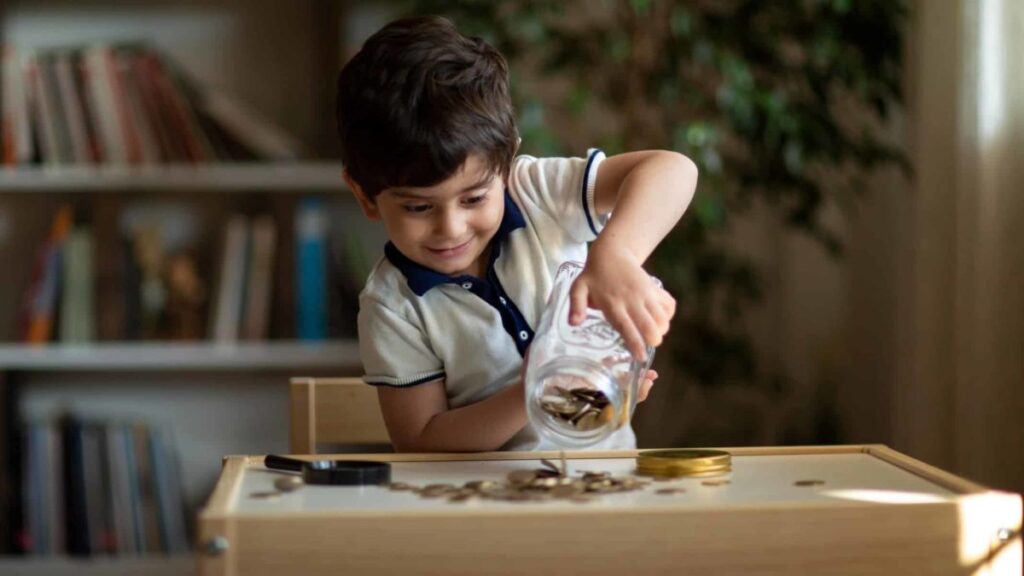Teaching essential life skills to children before the age of 10 is crucial for their personal development and independence. These skills can empower them to navigate the world with confidence. Here are some fundamental life skills every child should learn:
1. Communication:
Effective communication is key. Children should learn how to express themselves clearly, listen actively, and engage in respectful conversations.
2. Basic Hygiene:
Teach children about the importance of regular handwashing, dental care, and overall personal hygiene. This includes proper bathing, brushing teeth, and nail care.
3. Self-Care:
Children can learn to dress themselves, tie shoelaces, and manage their personal grooming, like combing hair and washing their face.
4. Cooking Basics:
Simple cooking skills, such as making sandwiches, boiling eggs, or preparing basic meals, can help children become more self-reliant.
5. Basic First Aid:
Teach children how to clean and dress minor wounds and scrapes. They should also know how to call for help in emergencies.
6. Time Management:
Help children understand the concept of time, set routines, and develop time management skills. This can include setting alarms, creating schedules, and prioritizing tasks.
7. Money Management:
Basic financial literacy is crucial. Teach children to count money, save coins, and understand the value of saving and spending wisely.
8. Problem-Solving:
Encourage critical thinking and problem-solving skills. Teach children to assess situations, identify problems, and come up with potential solutions.
9. Emotional Intelligence:
Foster emotional awareness, empathy, and the ability to manage their own emotions. This will help them develop healthy relationships and self-awareness.
10. Basic Sewing and Mending:
Teach children how to sew on a button, mend small tears, and take care of their clothing.
11. Responsibility:
Children can learn responsibility by taking care of pets, household chores, and school assignments. These experiences help them understand accountability.
12. Digital Literacy:
In today’s world, digital skills are essential. Children should learn how to use computers and the internet safely and effectively.
13. Independence:
Encourage children to take care of their belongings, organize their rooms, and be responsible for their personal space.
14. Respect for Others:
Teach children the importance of treating others with kindness, empathy, and respect. This includes understanding diversity and inclusivity.
15. Safety Rules:
Ensure that children know basic safety rules, such as looking both ways before crossing the street and understanding fire safety.
16. Basic Home Maintenance:
Familiarize children with simple home maintenance tasks, like changing light bulbs or replacing batteries in devices.
17. Nutrition Knowledge:
Educate children about balanced diets, the importance of fruits and vegetables, and making healthy food choices.
18. Environmental Awareness:
Teach kids about environmental conservation, recycling, and taking care of the planet.
19. Teamwork:
Encourage cooperation and teamwork by involving children in group activities and sports.
20. Gratitude and Kindness:
Instill the value of gratitude and kindness towards others, helping them develop positive relationships.
These life skills provide a strong foundation for children to grow into responsible, self-reliant, and socially aware individuals. Parents, caregivers, and educators play a vital role in imparting these skills to young children and helping them develop the confidence to navigate the world effectively.
